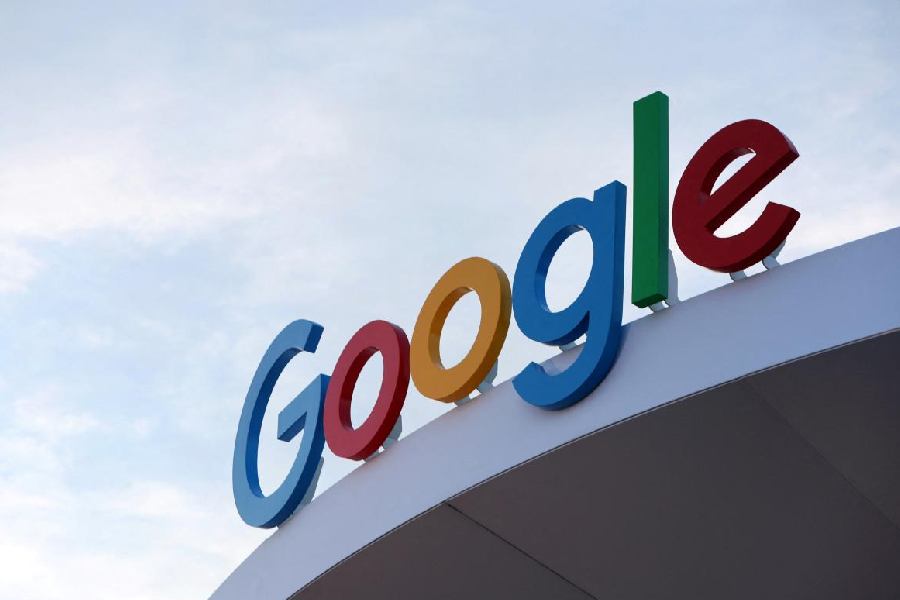Google will not be forced to sell its popular Chrome browser or Android operating system, a federal US judge ruled, rejecting the Justice Department’s efforts to break up the tech giant.
The ruling comes as a blow to the government, as the nearly five-year-old antitrust case was brought by the Justice Department during President Donald Trump’s first administration and carried forward by President Joe Biden’s administration.
However, Judge Amit Mehta, of the US district court for the district of Columbia, ordered Google to share data with rivals to open up competition in online search. “We have concerns about how these requirements will impact our users and their privacy, and we’re reviewing the decision closely,” Google said.
The judgment also stops Google from entering into exclusive agreements that would prohibit device makers from pre-installing rival products on new devices.
As the matter rolled on, advances in AI loomed over the case. The US government argued that restraints on Google are necessary to prevent it from extending its monopoly power to AI, while Google said it faced stiff competition from new applications, such asOpenAI’s ChatGPT.
“The emergence of GenAI (generative AI) changed the course of this case,” Mehta wrote. “For the first time in over a decade, there is a genuine prospect that a product could emerge that will present a meaningful challenge to Google’s market dominance.”
Managing to stave offthe sale of its Chrome browser is a win for Google. It will play an important role in how users will use AI featuresin the future, especially in terms of agentic AI thatcan help, for example, fulfil shopping requests.
Google managing to dodge the bullet will also turn out to be a blessing for Apple, as the former can continue making payments to preload Google Search onto the iPhone. Google pays Apple $20 billion annually, Morgan Stanley analysts said last year.
Although Apple wasn’t a party in the search monopoly trial, at one point during the trial, there were talks of remedies that would bar Google from paying it to be the default search engine on the Safari browser on Apple devices.
“Google will not be barred from making payments or offering other consideration to distribution partners for preloading or placement of Google Search, Chrome, or its GenAI products,” Mehta wrote in his decision.
The case also highlights that antitrust laws can’t compete with the speed at which tech companies work. The judge noted that nobody mentioned generative AI during the initial trial. Only during the remedy phase was the technology talked about as the single biggest threat to Google’s business.
The order has the potential to become a blueprint for other judges who may end up weighing similar choices in cases against Meta Platforms, Amazon.com and Apple.
Google is facing another possible breakup in a second case challenging its monopoly over technology used to buy, sell, and display advertising around the web.










